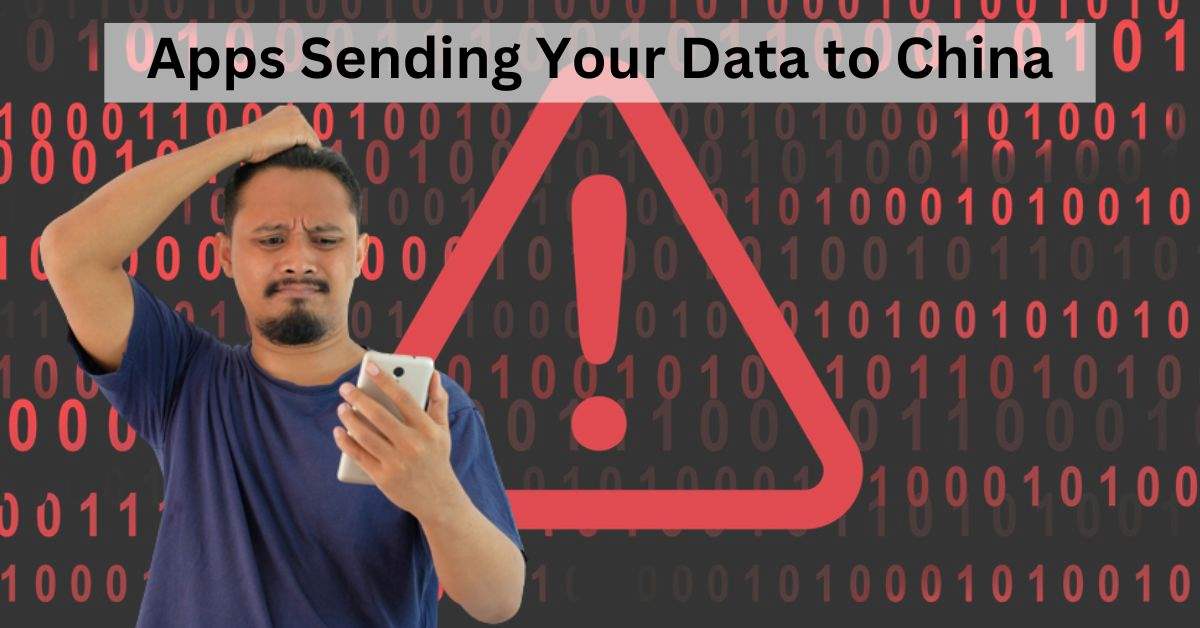In a recent discovery, two Android apps were found to be sending user data to China. These apps have been downloaded more than 1.5 million times and they pose a serious risk to the privacy and security of all users.
These apps are- File Recovery & Data Recovery and File Manager and both are disguised as file manager apps. The threat was discovered by cybersecurity company Pradeo, who discovered that they were collecting various types of personal user data. Both apps are created by the same developer named Wang Tom.


Source: Pradeo
This data was sent to a server in China. The company stated “This week, our tool detected two spyware hidden on the Google Play Store and affected 1.5 million users. Both apps come from the same developer, are considered file management apps, and have similar malicious behaviors.”
File Recovery & Data Recovery has been downloaded more than 1 million times, while File Manager has been downloaded 500,000 times.
According to Pradeo’s blog, these websites automatically launch without any user intervention and begin collecting user information, which is then sent to malicious servers in China.
Below is a list of sensitive data being collected by these apps:
- Contact list
- Real-time location
- Country code
- Network provider name
- Media available in the app – images, audio and video
- Information about device brand and model
- Network code of sim provider
- The operating system version number, which can potentially expose the system to vulnerabilities, is similar to the Pegasus spyware.
In addition to collecting information, these applications do not allow users to opt out or modify the data collected. These apps also mislead users by claiming that they do not collect any type of data.
Even though Google has removed these apps from its platform, protecting your personal data is still essential. Here are some tips to help you stay safe:
- Only download apps from trusted sources: This means downloading apps from official app stores, such as the Google Play Store or Apple App Store.
- Be careful about what permissions you give apps: When you install an app, it asks for certain permissions. These permissions allow apps to access certain data on your device, such as your location, contacts, or camera. Grant only the necessary permissions for the app to function.
- Remove unnecessary apps: Go to your device’s settings and delete apps you don’t use or apps that don’t show permissions.
- Read reviews: It is essential that you read app reviews before you install to know how the app works and what data it is collecting.
- Regularly scan your device for malware: There are many security apps available that can scan your device for malware. This is a good way to check for any apps that may have been secretly installed on your device.
In short, these two Android apps pose serious risks to personal security. Google has removed them from the Google Play Store, but if you’ve already downloaded them, you should uninstall them immediately. It’s important to be aware of the risks associated with non-authenticating apps and to be selective about the apps you install on your device.
READ| What is Pink Whatsapp Scam?
Categories: Optical Illusion
Source: pagasa.edu.vn
